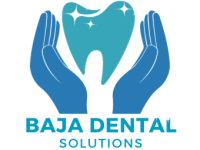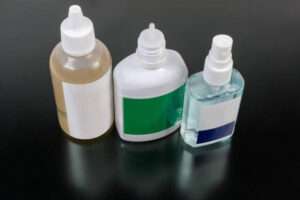Table of Contents
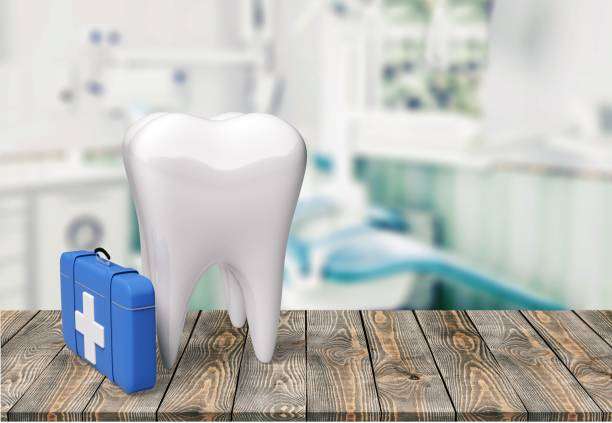
In the realm of dental care, preparedness is key. Emergencies can strike unexpectedly, causing discomfort, pain, and sometimes even permanent damage to your teeth and gums. Whether it’s a sudden toothache, a knocked-out tooth, or a broken crown, knowing how to handle dental emergencies can make all the difference in preserving your oral health and well-being. In this comprehensive guide, we’ll delve into the realm of dental emergency preparedness, equipping you with the knowledge and tools necessary to handle tooth emergencies effectively.
Understanding Dental Emergency Preparedness
Dental emergencies encompass a wide range of situations, each requiring prompt attention and appropriate action. Here are some common dental emergencies:
- Severe Toothache: Intense and persistent tooth pain can signal underlying issues such as infection, decay, or trauma.
- Knocked-Out Tooth: Accidents or injuries can result in a tooth being completely dislodged from its socket.
- Chipped or Broken Tooth: Fractured or damaged teeth can cause pain and compromise your dental health.
- Lost Dental Filling or Crown: When a filling or crown becomes dislodged, it exposes the underlying tooth structure, leading to sensitivity and discomfort.
- Abscess or Dental Infection: An abscess is a painful infection that forms around the root of a tooth, often accompanied by swelling and fever.
Emergency Readiness: What You Need to Know
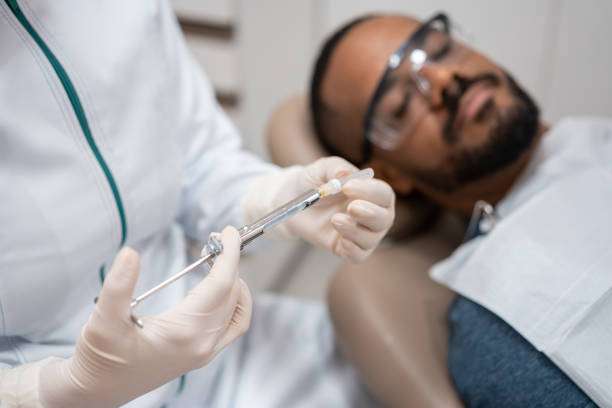
1. Stay Calm and Assess the Situation
During a dental emergency, it’s crucial to remain calm and assess the situation calmly. Panicking can exacerbate the problem and hinder your ability to make rational decisions.
2. Contact Your Dentist Immediately
As soon as a dental emergency arises, contact your dentist Baja Dental Solutions at Tijuana Mexico immediately. They can guide you over the phone and schedule an emergency appointment if necessary.
3. Handle the Tooth with Care
If a tooth has been knocked out, handle it carefully by the crown (top part) and avoid touching the root. Rinse the tooth gently with water if it’s dirty, but do not scrub or remove any attached tissue fragments.
4. Manage Pain and Swelling
Use over-the-counter pain relievers like ibuprofen for relief until a dental visit. Applying a cold compress to the affected area can reduce swelling and numb the pain.
5. Protect the Tooth
If a tooth has been knocked out, try to reinsert it into the socket gently. If that’s not possible, store the tooth in a container of milk or saliva to keep it moist until you can see a dentist.
Handling 5 Common Dental Emergency
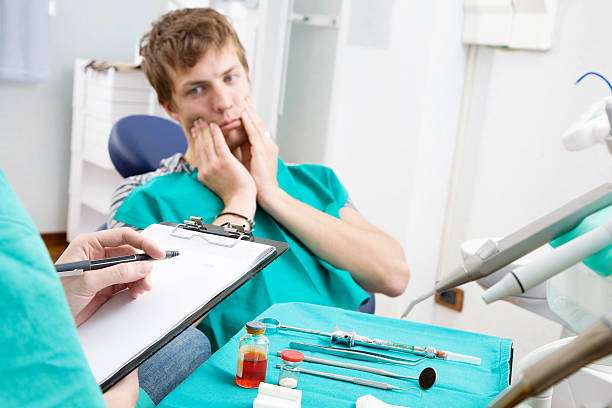
Knowing how to respond to common tooth emergencies can help alleviate pain and prevent further damage until professional help is available. Check out these recommendations for managing particular situations:
1. Knocked-Out Tooth
- Retrieve the tooth, holding it by the crown (top) and avoiding touching the root.
- Cleanse the tooth with water if it’s dirty, avoiding any scrubbing or removal of attached tissue.
- If possible, gently place the tooth back into its socket and hold it in place or store it in a container of milk or saliva until you can see a dentist.
2. Severe Toothache
- Rinse your mouth with warm water to clean it.
- Use dental floss to remove any trapped food particles that might be causing the pain.
- Take over-the-counter pain medication as directed and avoid placing aspirin directly on the tooth or gums, as it can cause burns.
3. Cracked or Fractured Tooth
- Cleanse the area by rinsing your mouth with warm water.
- Apply a cold compress to reduce swelling and alleviate pain.
- Avoid chewing on the affected side and see your dentist as soon as possible to prevent further damage.
4. Lost Dental Filling or Crown
- Clean the area and try to reattach the filling or crown using over-the-counter dental cement.
- Avoid chewing on that side of your mouth until you can see your dentist for a permanent fix.
5. Objects Caught Between Teeth
- Gently try to remove the object using dental floss. Steer clear of sharp or pointed objects that might harm your gums or teeth.
- If you can’t dislodge the object, see your dentist for assistance.
Advantages of Dental Emergency Preparedness
- Timely Response: Being prepared for dental emergencies allows for quick and appropriate action, which can prevent further damage and alleviate pain.
- Increased Confidence: Knowing how to handle dental emergencies boosts confidence and reduces anxiety during stressful situations.
- Improved Outcomes: Prompt treatment of dental emergencies can lead to better outcomes, including successful re-implantation of knocked-out teeth and effective management of pain and swelling.
- Cost Savings: By addressing dental issues early, you may avoid costly procedures or complications that could arise from delayed treatment.
- Peace of Mind: Having a dental emergency kit and knowing what to do in emergencies provides peace of mind, especially for individuals with active lifestyles or children prone to accidents.
Disadvantages of Dental Emergency Preparedness
- Limited Resources: While a dental emergency kit can be helpful, it may not contain all the necessary tools or medications needed for certain emergencies.
- False Sense of Security: Relying solely on home remedies or over-the-counter medications may give a false sense of security and delay seeking professional dental care.
- Skill and Knowledge Requirements: Properly managing dental emergencies requires a certain level of skill and knowledge, which not everyone may possess.
- Potential for Misdiagnosis: In some cases, attempting to address dental emergencies at home without professional guidance could lead to misdiagnosis or exacerbation of the problem.
- Risk of Complications: Mishandling dental emergencies or delaying treatment can increase the risk of complications, including infection, tooth loss, and systemic health issues.
FAQs

Dental emergencies include severe toothaches, knocked-out teeth, broken or chipped teeth, lost fillings or crowns, and dental infections.
Handle the tooth by its crown, rinse it gently with water if dirty, and try to reinsert it into the socket. If not possible, store it in milk or saliva and see a dentist immediately.
Rinse your mouth with warm water, floss to remove any debris, and apply a cold compress to reduce swelling. Contact your dentist for an appointment.
Yes, it’s essential to see a dentist promptly to repair or replace the crown or filling to prevent further damage to the tooth.
Yes, over-the-counter pain relievers like ibuprofen can help alleviate discomfort until you can see a dentist.
In most cases, it’s best to contact your dentist first. However, if you’re experiencing severe bleeding, trauma to the face, or difficulty breathing, seek immediate medical attention at the emergency room.
Regular dental check-ups, wearing mouthguards during sports activities, and practicing good oral hygiene can help prevent dental emergencies.
A dental emergency kit should contain gauze, a small container with a lid, ibuprofen, and the contact information of your dentist.
It’s crucial to seek treatment for dental emergencies as soon as possible to prevent further damage and alleviate pain.
If you can’t reach your dentist, seek care at the nearest emergency dental clinic or hospital for immediate treatment and relief.
Conclusion
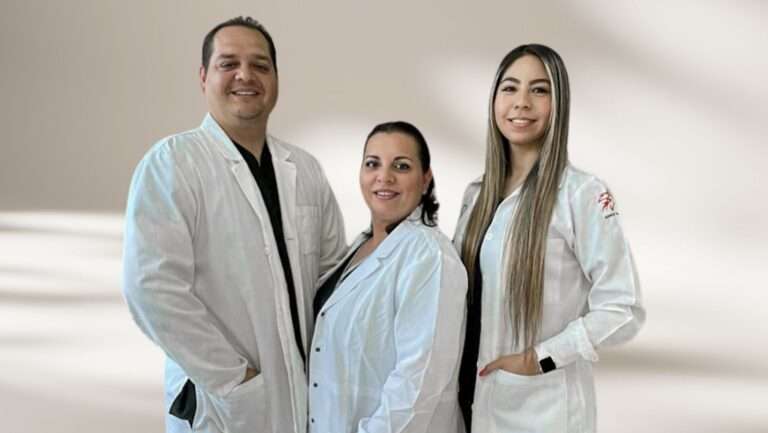
Oral surgery procedures play a crucial role in addressing complex dental issues and restoring optimal oral health. At Baja Dental Solutions in Tijuana, Mexico, patients receive high-quality surgical care from experienced dental professionals in a state-of-the-art facility. Whether it’s wisdom teeth extraction, dental implant placement, or corrective jaw surgery, patients can trust Baja Dental Solutions for comprehensive oral surgical solutions.
In conclusion, oral surgery procedures offer transformative benefits, improving both oral function and aesthetics while addressing underlying dental concerns. With personalized treatment plans and compassionate care, Baja Dental Solutions remains a trusted destination for individuals seeking top-notch oral surgical services in Mexico. contact Baja Dental Solutions today.
For more information or to schedule a consultation, contact Baja Dental Solutions in Tijuana, Mexico today!
